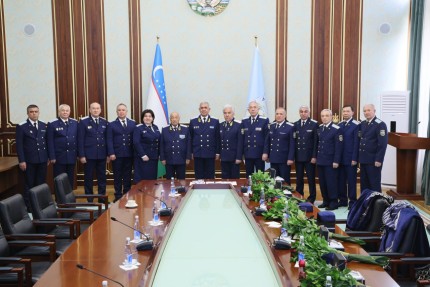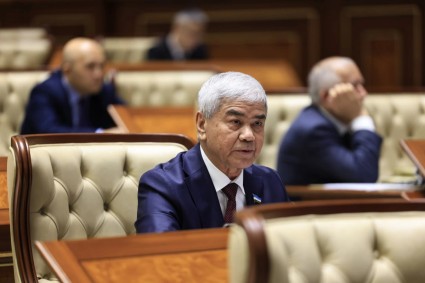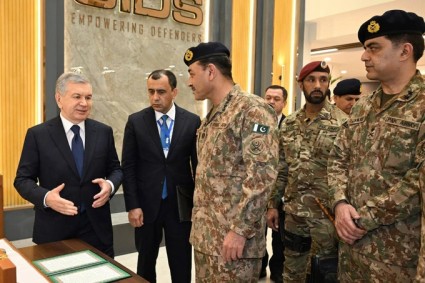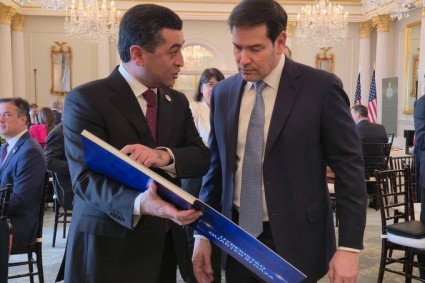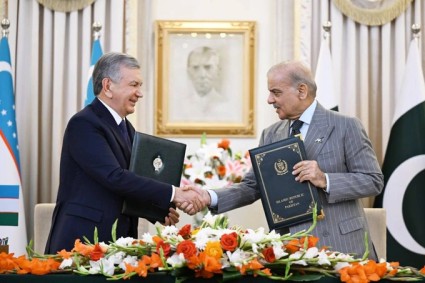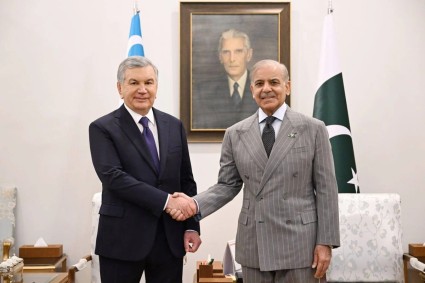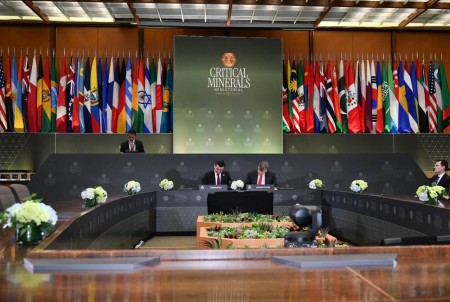Uzbek nationals are not facing problems of entering the Russian territory through checkpoints at Vnukovo, Sheremetyevo, and Domodedovo airports in Moscow, neither are they facing detentions, said the representative office of the Agency for External Labor Migration in Russia in a statement. He added that the representative office conducted monitoring and negotiations on this matter with responsible employees of the above-mentioned airports.
There were no cases of prohibition when entering the territory of Russia through the checkpoints of the Orenburg, Samara and Saratov regions “Ozinki”, “Mashtakovo” and “Sagarchin”, the agency added.
The day before, the Agency publication, citing human rights activist Valentina Chupik, reported that Russian border guards have been massively denying entry into Russia at airports and at land checkpoints to nationals of Tajikistan, Uzbekistan and Kyrgyzstan in recent days.
As Valentina Chupik, who has long been involved in protecting the rights of migrants, said, mass detentions at entry began on April 24 and by May 1, about 4,500 people had been amassed at Russian airports, and about the same number were not allowed into ground checkpoints.
According to the human rights activist, only a quarter of the detainees are citizens of Tajikistan, about half of the detainees are migrants from Uzbekistan, the rest are mainly citizens of Kyrgyzstan.
On April 26, the Ministry of Foreign Affairs of Tajikistan reported mass refusals to citizens of the country to enter Russia and urgently advised them not to travel to the Russian Federation unless absolutely necessary. According to the ministry, at that time almost 1,000 Tajiks were being held at Moscow airports.
Three days later, on April 29, the Tajik Foreign Ministry handed the Russian ambassador a note of protest, in which it expressed concern about the “emphatically negative attitude” towards the country’s citizens in Russia, as well as the “widespread violation” of their rights.
The Ministry of Foreign Affairs of Kyrgyzstan stated on May 2 that although it had not received any signals of mass refusals of entry into the Russian Federation for fellow citizens, the department was nevertheless monitoring “the current situation in the Russian Federation and its impact on the legal status” of citizens of Kyrgyzstan.


